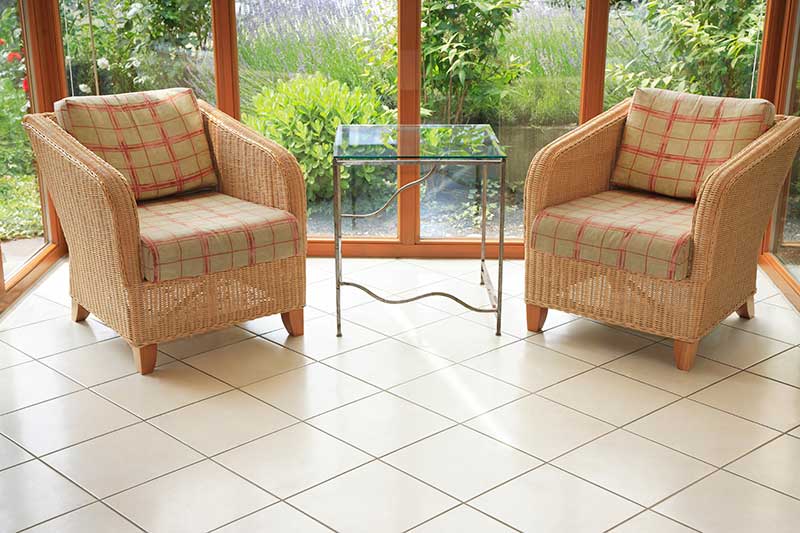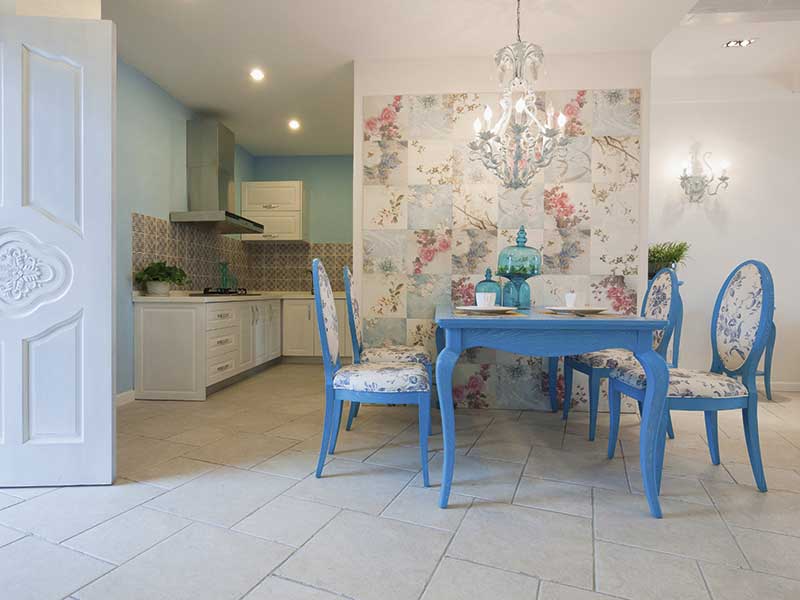The debate between using forced air heating or radiators has been raging for decades, and with all the information out there, it can be hard to tell which heating style is right for you.
Heating your home is not always a one-size-fits-all scenario. To determine which heating system better suits your needs, it is essential to understand the fundamentals of how each system works, as well as its strengths and weaknesses.
Understanding Radiators
A radiator is usually a large metal apparatus, and typically there will be one in each room of your house. The radiator is connected to a boiler, which heats water to extremely high temperatures. The heated water then passes through each radiator and radiates heat into the room.
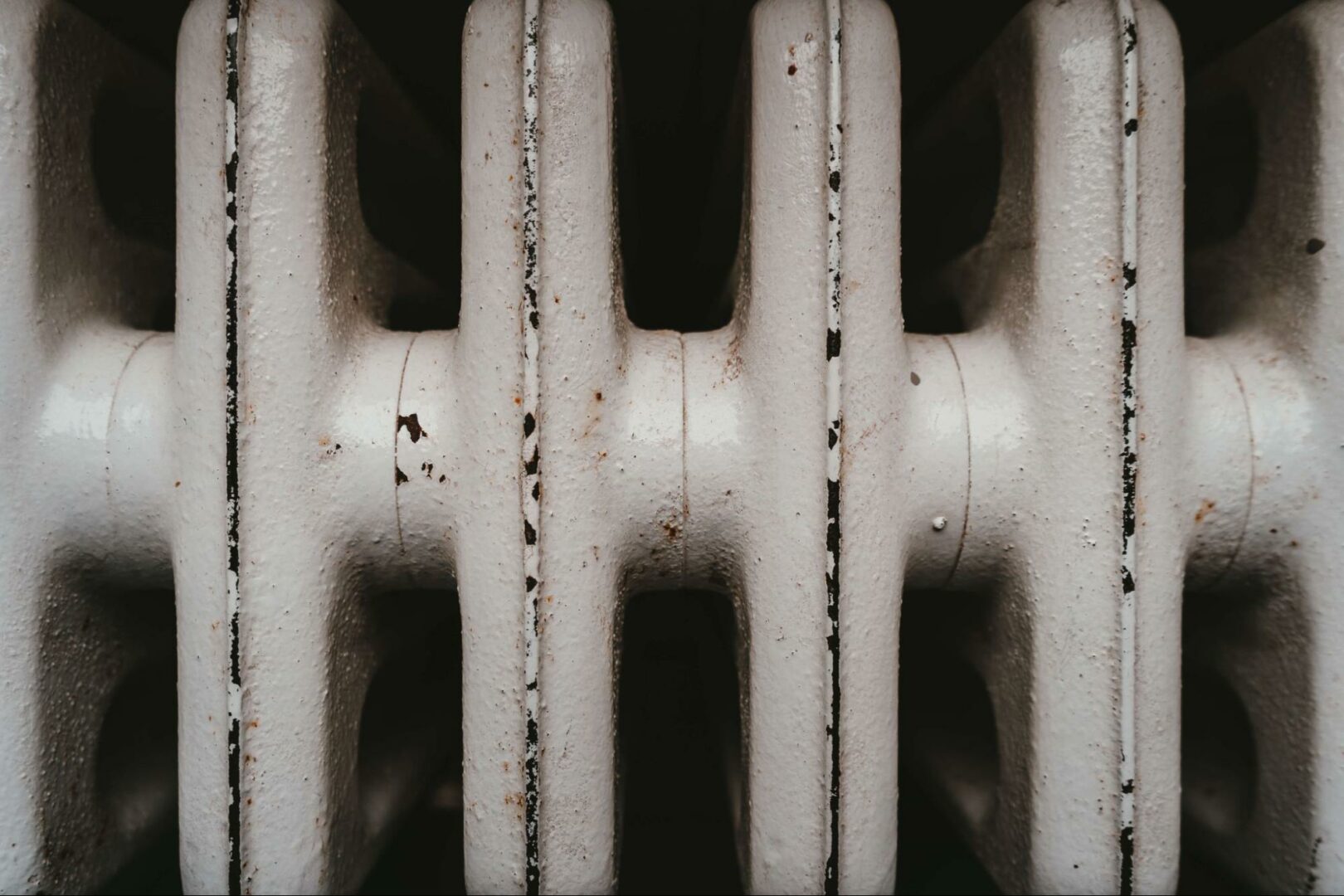
One of the most significant differences between radiators and forced air is the way in which they heat your home. Radiators heat your home through a process called convection. Convection occurs when dense, cold air sinks, is heated by your radiator, and then rises as it warms. This movement creates a current of warm air that circulates throughout your room. The convection process is why most radiators are placed beneath a window, as frigid air is immediately drawn towards the radiator in order to stimulate the convection current.
Advantages
When it comes to radiators vs. forced air, radiators have several advantages:
Efficient Heat Distribution
Utilizing the convection process, radiators can distribute heat without using extra energy.
Long Lifespan
They have few moving parts, and will typically remain in good functioning order for a long time.
Quiet Operation
Radiators use heated water to produce heat, so they are significantly quieter than forced air heating, which uses noisy fans to move air.
Disadvantages
There are many advantages to using a radiator instead of forced air, but there are also disadvantages:
Space Limitations
Radiators are large, metal units that take up significant amounts of space, whereas forced hot air systems require only small vents to distribute heat.
Inefficiency in Large Rooms
It can be difficult for a radiator to distribute heat evenly throughout a large room. The further away you are from the radiator, the colder it is.
High Initial Cost
Radiators and boilers can be quite expensive, and installing them can also take a toll on your bank account.
Understanding Forced Air
Forced hot air heating systems typically use a furnace to create heat. Once the furnace has created heat, a fan activates and blows air across the heating element in order to move warm air through a series of vents and ducts and disperse it throughout your home.
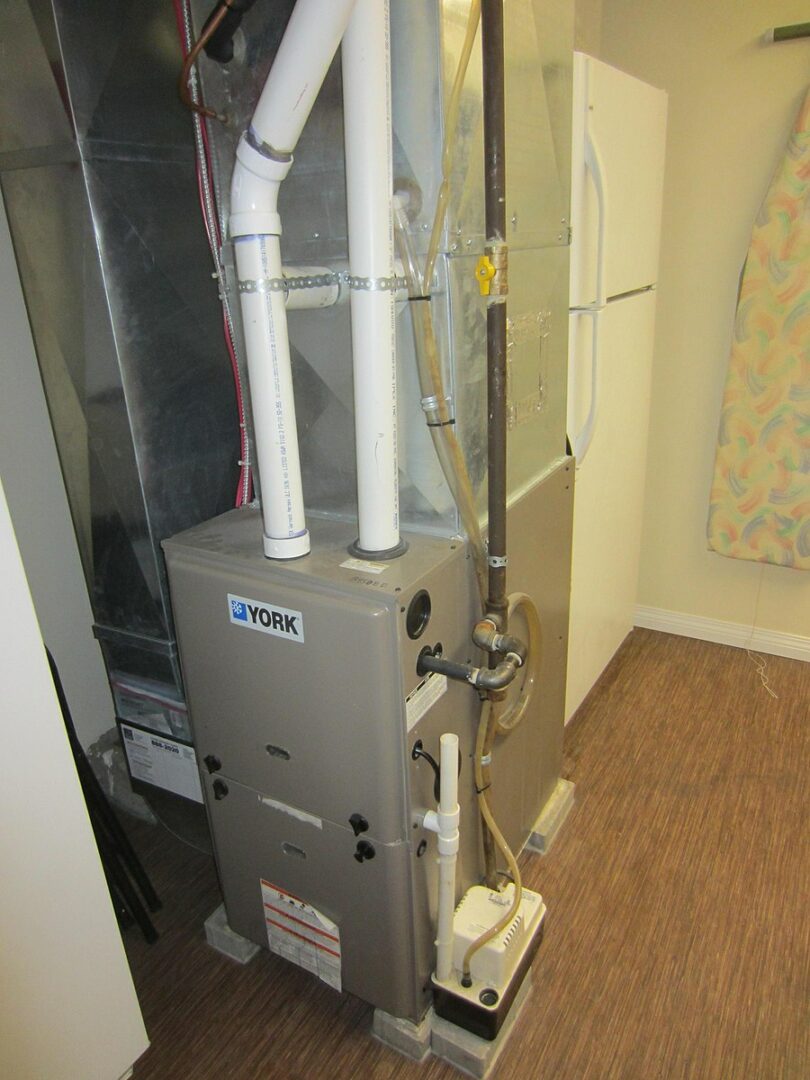
The warm air enters your living spaces through small vents installed flush in your ceiling, walls, or floors.
Advantages
There are many advantages to forced air heating, including:
Flexibility in Installation
Installing vents in your walls, floors, and ceilings provides multiple options for installers and allows for significant flexibility for installation.
.
Efficient in Large Rooms
Since forced hot air actively pushes heat into the room, it can heat larger areas more efficiently than radiators.
Lower Initial Cost
Installing a forced hot air heating system costs less in parts and labor than installing a boiler and a series of radiators.
Disadvantages
Though there are many advantages to using forced hot air, but there are also some notable drawbacks:
Noise During Operation
It takes significant power to blow air from the furnace room in your basement to the rest of your house, so forced hot air heating systems can be obnoxiously loud and noisy.
Dust and Allergen Circulation
Dust and other allergens inevitably build up within the ducts of a forced hot air heating system. As air is blown through these pathways, the contaminants are dispersed, potentially causing respiratory flare-ups.
Inefficient Heat Distribution
Although forced hot air can distribute heat further than radiators, they still struggle to heat large rooms evenly and can leave living spaces with warmer and cooler areas.
Comparison of Radiators vs. Forced Air
When comparing radiators to forced hot air heating, you must compare four major categories; energy efficiency, cost, comfort, maintenance, and repair.
Energy Efficiency
Due to its use of convection currents instead of fans to circulate heat throughout your rooms, radiators win the battle of efficiency against forced hot air.
Cost
The price of forced hot air heating vs. radiators is significantly lower up front, and though it can even out in the long run, forced hot air typically wins this category.
Comfort
Because of its ability to move warm air further throughout a room, forced hot air heating provides superior comfort to radiators.
Maintenance and Repair
It takes fewer moving parts to heat a home with radiators rather than forced hot air, and there will typically be less maintenance and repair associated with radiators.
A Superior Alternative for Home Heating: Radiant Floor Heating
Radiant floor heating combines the best qualities of forced hot air and radiator heating systems while making significant improvements to create a superior heating system for your home.

Energy Efficiency
Electric radiant floor heating is significantly more energy-efficient than both forced hot air and radiator heating. In fact, when paired with a smart thermostat, like the 6iE Smart WiFi Thermostat from Warmup, electric radiant floor heating can save you up to 25% on your energy bills.
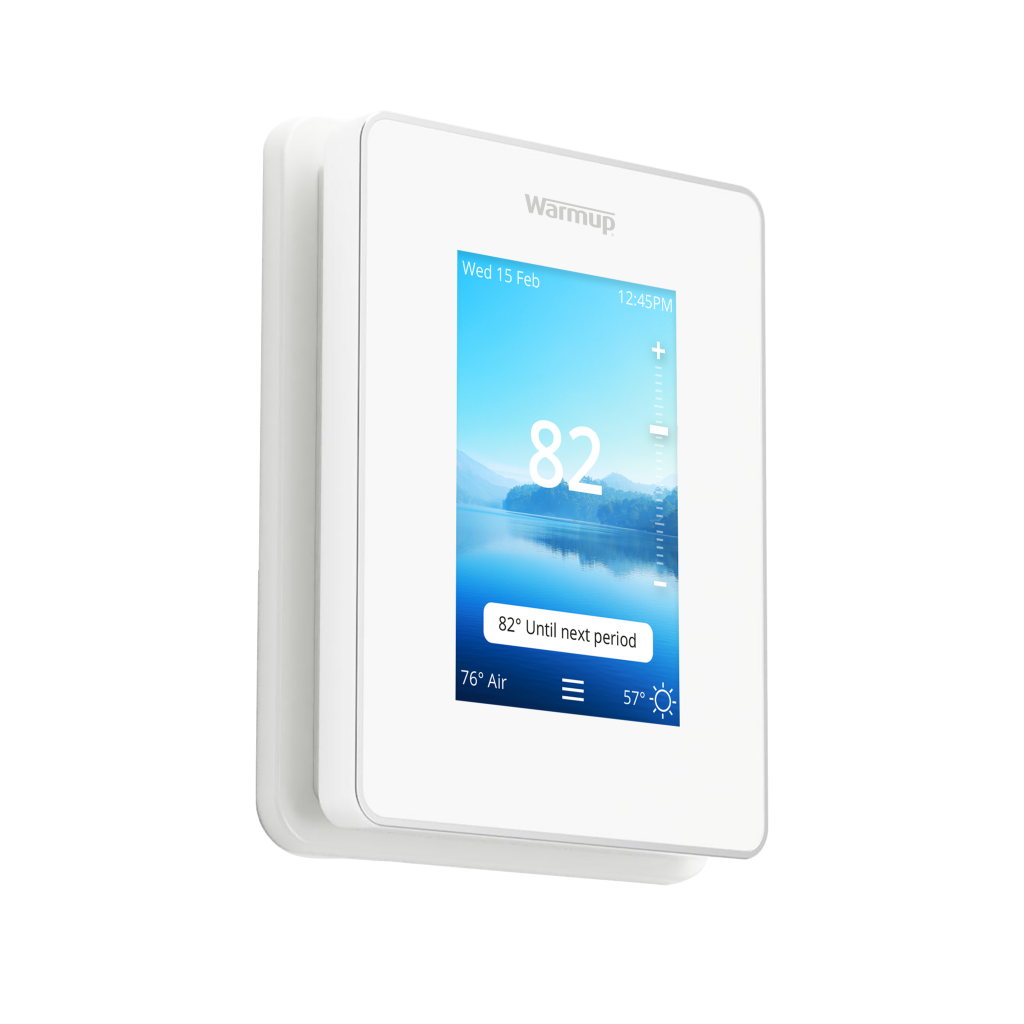
Cost
Materials and labor costs for installed electric radiant floor heating are substantially lower than other heating systems. Utilize Warmup’s instant pricing tool for a direct quote.
Unlike forced hot air and radiators, electric radiant floor heating does not require installing bulky ducting and water lines. Electric radiant heating mats are easily installed as part of your subfloor beneath tile, hardwood, laminate, or carpet flooring. Combine these lower installation costs with the long-term savings on your energy bill, and it’s easy to see how cost-effective electric radiant floor heating can be.
Comfort
Unlike radiators and forced hot air heating, electric radiant floor heating creates uniform heat across the entire floor of your room, not just from a vent or apparatus in the corner.

While radiators and forced hot air systems heat the air around you, electric radiant floor heating heats you directly, for increased warmth and comfort.
Maintenance
Requiring virtually no maintenance, electric radiant floor heating far surpasses other heating systems in this category.
Find the Best Radiant Floor Heating with Warmup
Founded over 25 years ago, Warmup is a knowledge and research-based company that has sold over 2 million heating systems in over 70 countries worldwide.
Providing cutting-edge heating mats like the DCM-PRO and StickyMat systems, Warmup has what you need to create efficient, comfortable heat for any commercial or residential application.
Want to take your energy-efficient heating to the next level? Pair any of Warmup’s heating systems with one of their industry-leading smart thermostats, like the 6iE Smart WiFi thermostat.
Utilizing SmartGeo technology and Advance Early Start functionality, the 6iE intuitively turns your heat up and down depending on local weather, time of day, and your location, to heat your home efficiently and save you money.
Want to learn more about Warmup’s full line of energy-efficient and cost-effective products? Visit the site, get in touch today, or get a free online estimate from the comfort of your home and find out why Warmup is the world’s best-selling floor heating brand.
